About your Operation (Easy Read)
This leaflet explains what you need to know about your operation.
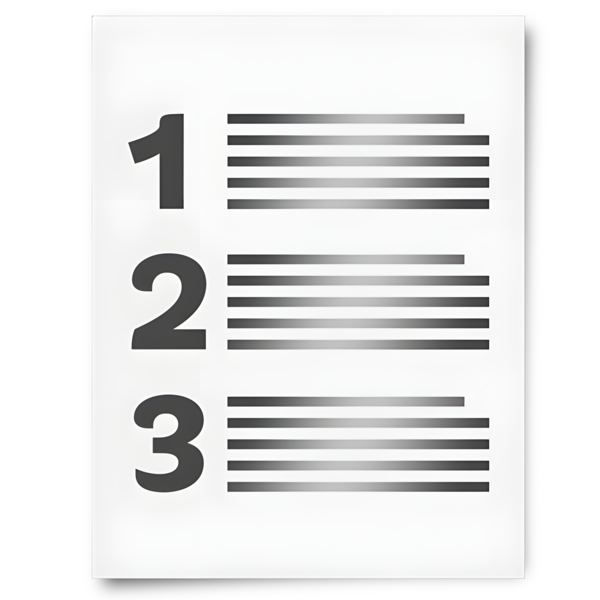
Before you go to hospital
Make a list of questions you want to ask. Or get someone else to write them down for you.
Make a list of any medicines and pills that you take. This includes painkillers, eye drops, herbal remedies and vitamins as well as the ones your doctor gives you.
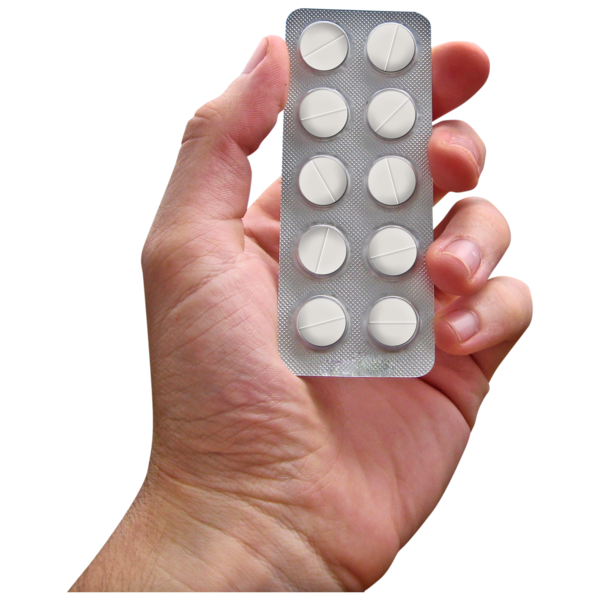
You must take all your tablets to hospital with you.

Write down how you feel – any aches or pains or feelings you have that tell you that you are ill.
Write down when these feelings started. Say what makes them better or worse.
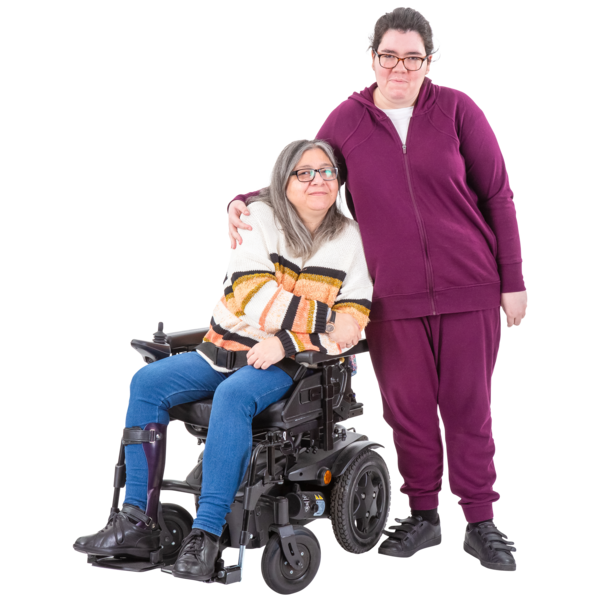
Ask your doctor or someone at the hospital if you want help at the hospital.
You can ask a friend or family member to come with you.

Before your operation
It is very important to stop eating and drinking at the right time before your operation.
The hospital will tell you when to stop eating and drinking
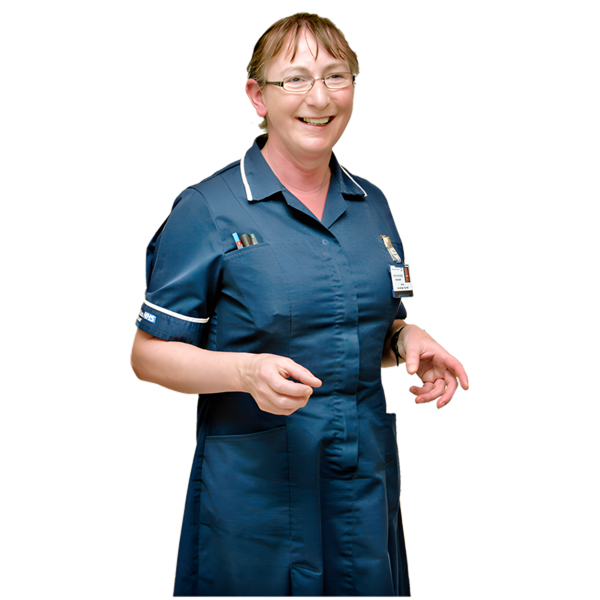
The nurse may check your blood pressure and temperature again.
He or she may ask you some more questions. You or your carer can answer the questions.
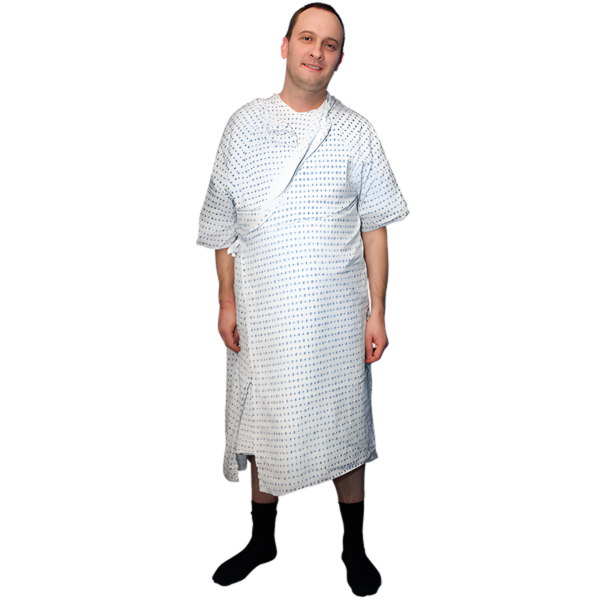
You may need to change into some different clothes, such as an operating gown.

You will meet your doctor. He or she will check your chest.
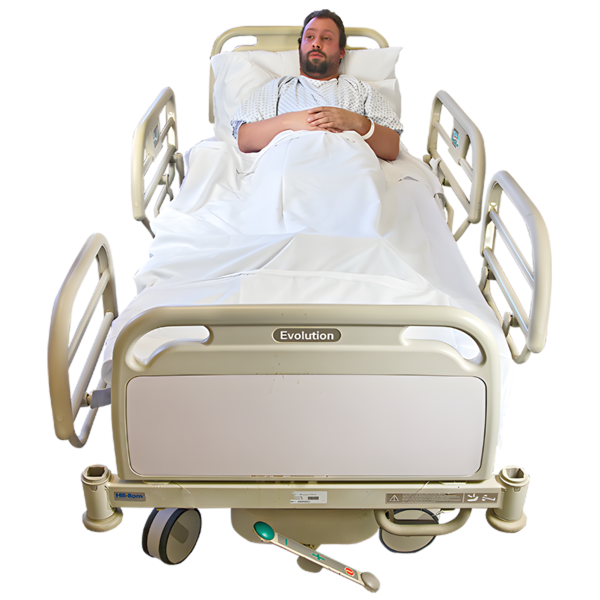
Anaesthetic
The doctor will talk to you about the right anaesthetic for you.
An anaesthetic is something that stops you from feeling pain while you are having your operation. It may also send you to sleep.
There are two kinds of anaesthetic:
- A local anaesthetic – this is an injection or a cream that stops you hurting in a small part of your body. You do not go to sleep
- A general anaesthetic – this means you will go to sleep.
You may go to sleep in a small room before your operation or you will go to sleep in the operating room.

A general anaesthetic can be given by an injection in your hand or by a face mask.
If you have an injection in your hand the nurse may put some special cream on your hand so you will not feel the injection.
If you have a face mask, the doctor will put a mask on your face. You put it on and breathe in the gas. It may smell a bit funny.
You will go to sleep.
A doctor will give you the drug to send you to sleep.
He or she will look after you during the operation.
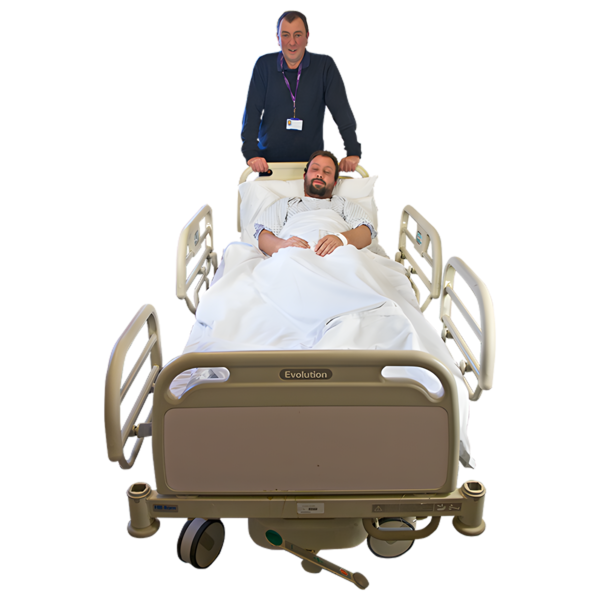
After your operation
You will wake up in a room called the recovery room. You may:
- feel sick
- have a headache
- feel tired or confused.
If you feel like this, the nurse can give you some medicine to make you feel
better.
When you feel better, you can go back to the ward and have some food and drink.
You may need to stay in the hospital for a few days so the doctors and nurses can make sure you are ok.

You should ask the doctor or nurse how the operation went.
Ask them questions and write down the answers.
Remember, it is important you understand what the doctors say to you and what you must do to get better.

They will decide when you are ready to go home and carry on as before.
They may give you some medicine to take home.
When the doctors think you are ready, you can pack your clothes and get ready to go home.

About this leaflet
Author: Jo Findlay Learning Disability and Mental Capacity Act Advisor
Written: August 2020
Approved: August 2020
Review date: August 2023
Edition: v1
If you have feedback regarding the accuracy of the information contained in this leaflet, or if you would like a list of references used to develop this leaflet, please email patientinformation.leaflets@dchft.nhs.uk
